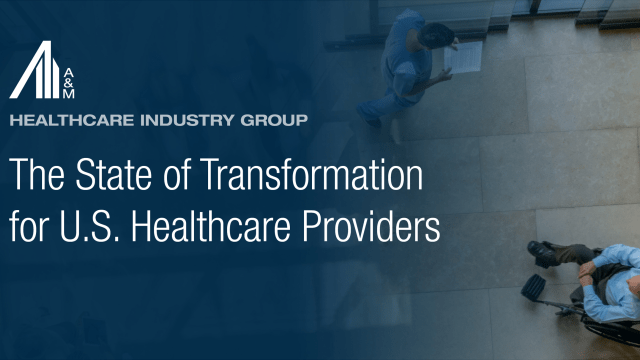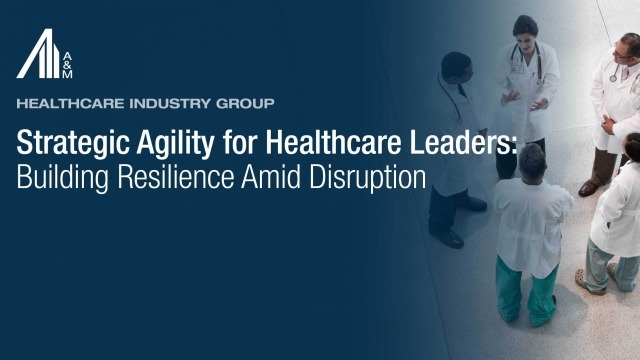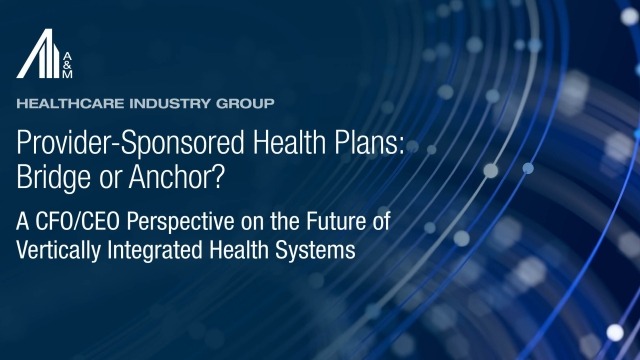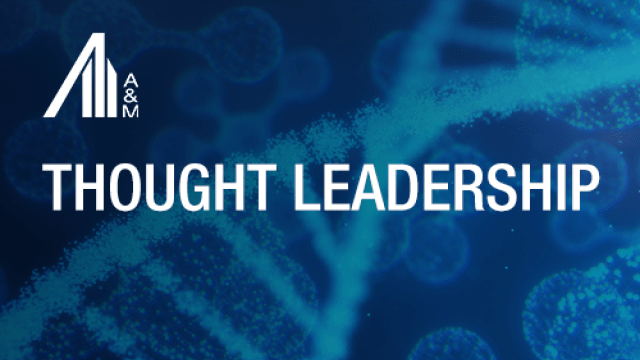A&M HLS’s Roundtable Dinner Brings Together Industry Leaders to Discuss Today’s Consumer-Driven Health Market
Leaders from retail, consumer goods, healthcare providers and other healthcare & science industries came together this week at the first roundtable dinner hosted by A&M’s EMEA Healthcare & Life Sciences (HLS) to discuss today’s consumer-driven health market.
The intimate, topic-driven discussion was the first in a series of conversations exploring what healthcare & life science players can learn from the consumer industry on how to better understand, engage and serve users.
As people increasingly take control of their health decisions and become empowered by new technologies, healthcare organisations can leverage best practices of customer-centric businesses in retail and consumer goods to expand their digital offerings and improve service delivery.
In this first roundtable dinner, attendees – ranging from business executives, digital innovators, academics, public sector practitioners and behavioural scientists - focused on the mental health crisis and challenges in relation to its awareness, engagement and access to treatment.
A recent study by non-profit Surgo Ventures revealed the scale of this problem in Britain, showing that one in five people suffer silently with mental health difficulties, with barriers to seeking help varying by gender, age, ethnicity and location.
After two years of Covid, the need to tackle this silent pandemic is acute and leaders at the roundtable agreed that the consumer industries can contribute with insightful perspectives in addressing this.
Other key themes and discussion highlights from this week’s roundtable include:
- Healthcare & life science actors can learn from the people-centric approach of consumer industries as they transform the way healthcare engages people and deliver services. This means developing new products/services based on deep research on people’s attitudes and behaviours and applying a test-and-adapt approach to innovation.
- The customer sector excels in analysing behavioural data to identify patterns and trends, obtaining a holistic view of the user and deriving insights that inform product development and service. Healthcare providers too are now harnessing data and using predictive analytics to personalise care plans and keep patients engaged in their healthcare journey, but there is potential to do much more.
- In chronic conditions such as mental illnesses, awareness, navigation and access to treatment is even more critical, as many people struggle not only to identify or recognise their condition but also to sift through a sea of available information and choose between different options of care. Engagement is another facet of this challenge, and innovative ways to engage people on their treatment pathway and drive loyalty can certainly be drawn from leading-edge players in the consumer industries.
- The application of approaches from consumer brands to important societal causes including mental health also offers potential for healthcare organisations. For example, Unilever has been a pioneer in combining purpose and business strategy with its “purpose-led brands”. Examples include Lipton Tea with its newly launched purpose to fight hidden loneliness and Clear shampoo’s campaign to help promote positive mental health.
The ideas and insights above will inform a wider collaboration effort between A&M’s EMEA HLS team and industry leaders to develop truly innovative, human-centric solutions to healthcare & life science’s most urgent problems. The first collaboration is due to launch this year with the Royal College of Arts (RCA) in London and its Service Design Challenge Labs, and others are planned to follow in 2022/2023.
Please get in touch if you would like to take part in this ongoing debate by contacting David Champeaux, Alex Barclay, and Julia Schwientek.




